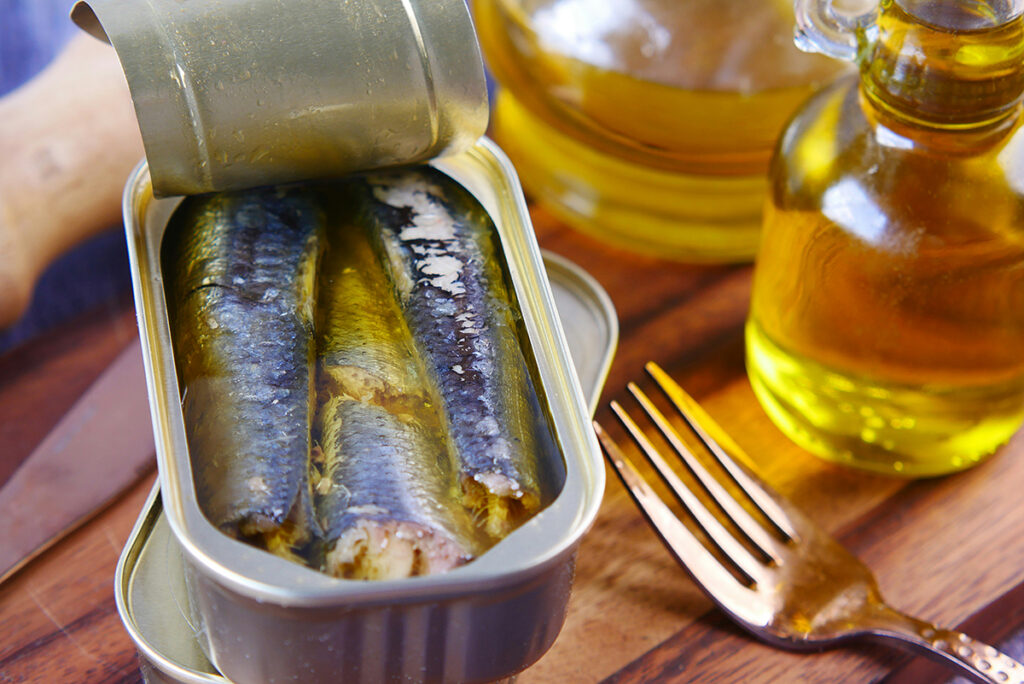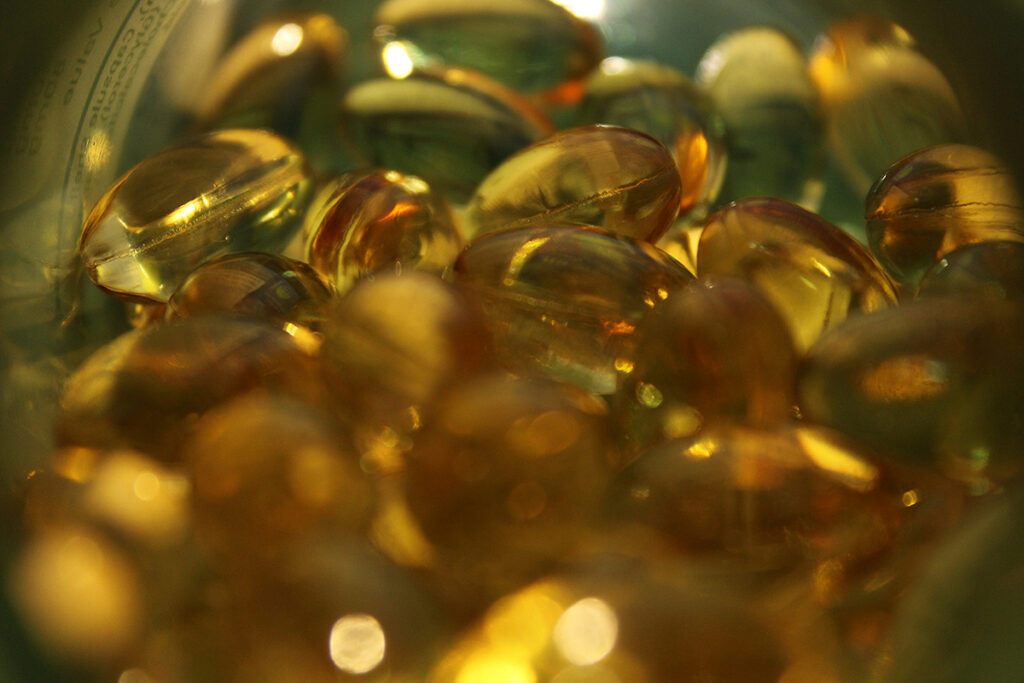Malnutrition – a state of nutrient imbalance in the body – can result from both deficiency and excess nutrients, potentially impairing organ functions, tissue health, and overall well-being.
Malnutrition typically denotes undernutrition but also encompasses overnutrition and imbalanced diets leading to obesity.
Nutrient deficiencies impede wound healing:
- Weakens the body’s immune response to infections and makes the skin thinner and more fragile, increasing the likelihood of wound formation.
- Promotes the development of pressure ulcers due to the loss of subcutaneous fat in pressure areas.
- Leads to increased immobility due to a lack of energy reserves.
- Reduces collagen synthesis necessary for wound healing.
Duration of Wound Healing
Differentiating the stages of wound healing and making informed decisions about dressing changes, dressing types, and nutrition is essential to create an optimal healing environment. Different nutrients are required at the various stages of wound healing.
The three stages of wound healing:
- Inflammatory phase – up to 6 days. Following an injury, the body initiates processes to stop bleeding – blood vessels constrict, platelets clot and form a thrombus, and inflammatory cells arrive to eliminate infections and cleanse the wound.
- Proliferative phase – from day 5-7 to 2 weeks. Fibroblast cells form a collagen network to stabilize the wound, prepare for epithelialization, and form new blood vessels.
- Remodeling phase – can take over 12 months. The wound matures: collagen formed during the proliferative phase is remodeled, and the wound contracts.
Wound healing is not always a linear process. Internal and external factors can cause the healing stages to fluctuate unpredictably. Wound healing requires significant energy expenditure –35-40 kcal/kg per day. Energy expenditure for healing depends on age, comorbidities, body mass, and physical activity level. Typically, the body uses stored energy during physical activity and for tissue healing. However, in malnourishment, energy reserves are depleted or absent, leading to poorer wound healing in patients with nutrient deficiencies.
Macronutrients, Micronutrients, and Their Deficiency Impacts on Wound Healing
Nutrients are categorized into macronutrients: proteins, carbohydrates, and fats, and micronutrients: amino acids, vitamins, and minerals.
Traditional macronutrient balance:
- 40-60% carbohydrates;
- 25-30% fats;
- 15-20% proteins.
Throughout the healing stages, protein requirement increases up to 250%. Protein deficiency disrupts the proliferative healing phase, slowing the formation of new blood vessels, fibroblast proliferation, and collagen production, thereby diminishing connective tissue formation.
Carbohydrate deficiency hinders adenosine triphosphate (ATP) synthesis, further suppressing protein synthesis and blood vessel formation.
Fatty acids and cholesterol are necessary for forming cell membranes and insulating nerve fibers.
Micronutrients are also essential for wound healing due to their antioxidant properties:
- Essential amino acids arginine and glutamine. Arginine, a precursor to nitric oxide, is critical during the inflammatory healing phase and contributes to collagen synthesis. Glutamine is crucial for metabolic, enzymatic, immunological, and antioxidant processes.
- Vitamins enhance enzyme action in the wound-healing process. Deficiency in vitamin A (retinoic acid), vitamin C (ascorbic acid), and vitamin D slows healing. Vitamin A supports B- and T-cell functions and is particularly vital during the inflammatory wound healing phase. Vitamin C stimulates collagen synthesis and is essential during proliferative and remodeling.
- Zinc, selenium, and iron, as they influence enzyme function, are necessary for optimal wound healing. Zinc is vital during all wound healing stages as it affects immunity and promotes fibroblast proliferation, collagen synthesis, and epithelialization.
Recognizing Nutrient Deficiencies
Nutrient deficiencies can stem from starvation, illness, aging, or a combination of these factors. Risk factors include:
- Decreased food intake or appetite.
- Diminished thirst response.
- Impaired taste or smell.
- Dependence on assistance for eating.
- Unbalanced diet.
The elderly often face nutrient deficiencies due to comorbidities such as dementia, stroke, and depression. These conditions can affect appetite, the physical ability to shop for and prepare food, physical activity, and social isolation.
Symptoms of nutrient deficiency:
- Unintentional weight loss.
- Fragile skin.
- Poor wound healing.
- Apathy.
- Cachexia.
- Decreased appetite.
- Taste alterations.
- Swallowing difficulties.
- Bowel function changes.
The MUST scheme aids in identifying nutrient deficiencies
The MUST (Malnutrition Universal Screening Tool) is used to screen for nutrient deficiencies. MUST assess malnutrition based on three criteria: height and weight, unplanned weight loss, and the presence and impact of acute illness. MUST help identify patients at risk of malnutrition to develop a plan for restoring nutrient balance and preventing healing complications.
Nutritional Recommendations for Restoring Nutrient Balance – A Program to Combat Adult Malnutrition
- Eat frequently and in small portions. Focus on nutrient-rich foods and drinks.
- Fulfill the body’s need for all nutrients, including protein and micronutrients. If necessary, choose a multivitamin and mineral supplement.
- Opt for higher-calorie foods to increase protein content and energy density without increasing food volume. For example, add dry milk to milk.
- Dietary restrictions such as low fat and sugar intake may need to be relaxed. Consult a dietitian about this.
- Stay well-hydrated.
Conclusion
Slow wound healing is a complex multifactorial issue exacerbated by nutrient deficiencies. Different nutrients are required at the various stages of wound healing.
Throughout the healing stages, the protein requirement surges up to 250%. Glutamine and the minerals zinc, selenium, and iron are essential for optimal healing. Arginine and vitamin A are crucial during the inflammatory healing phase. Vitamin C is pivotal during the proliferative and remodeling phases.
Early identification of patients with nutrient deficiencies will help meet the nutritional needs of patients at each wound-healing stage.
Useful article, necessary information? Share it!
Someone will also find it useful and necessary:



